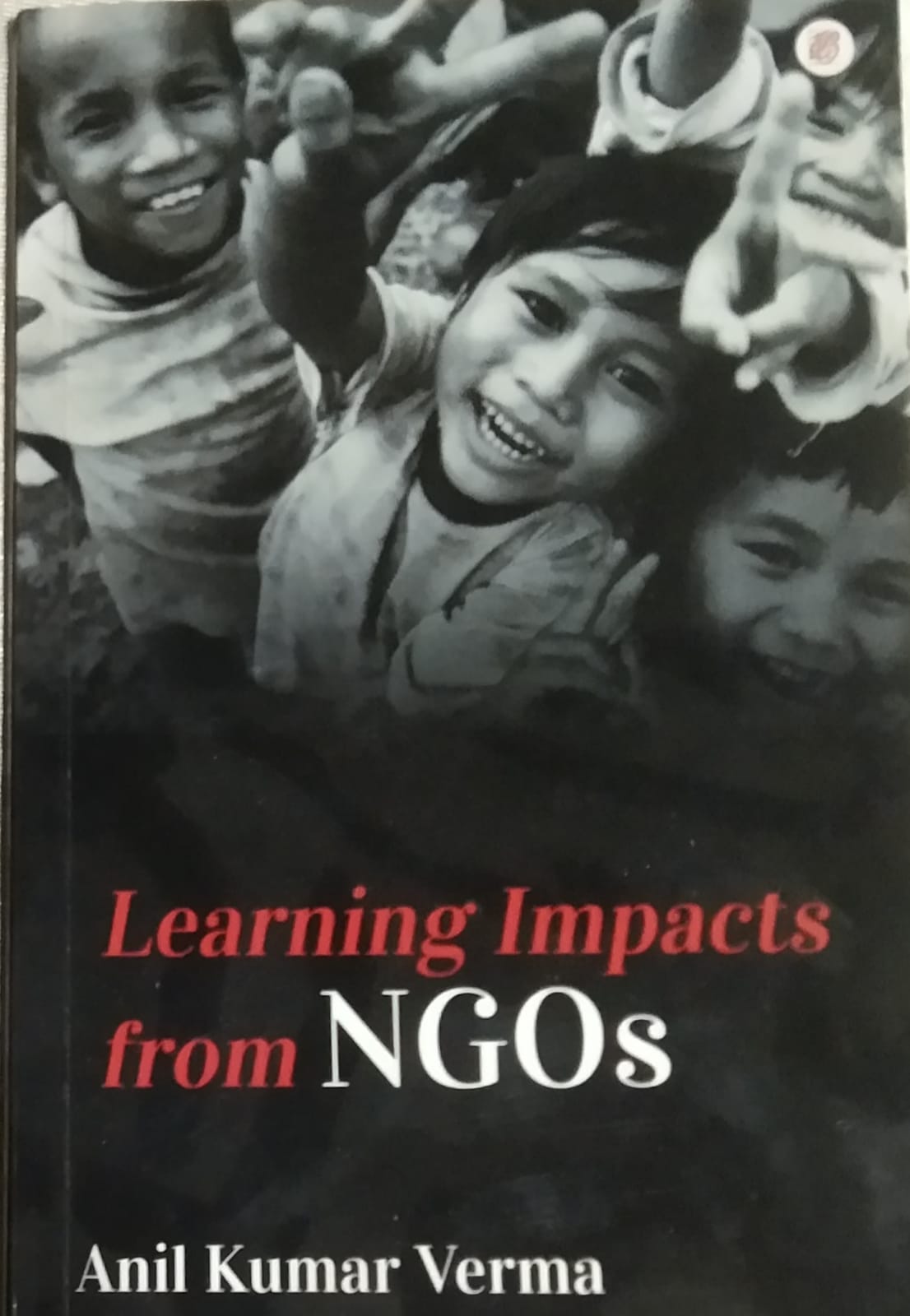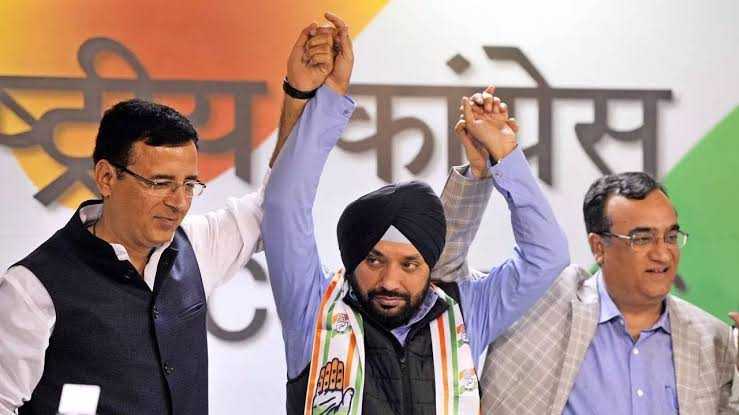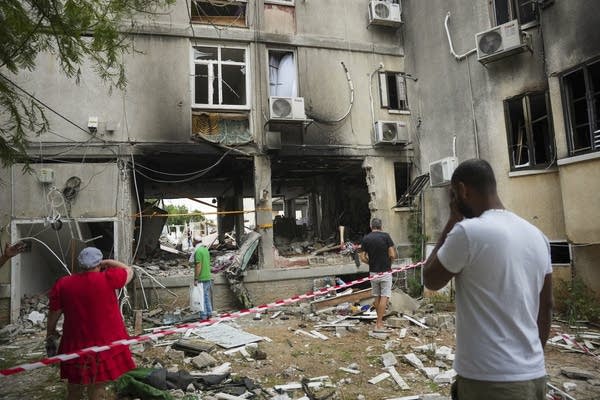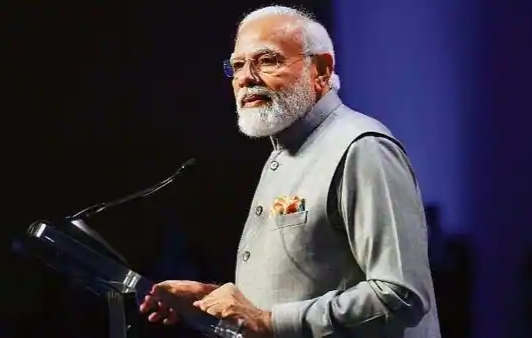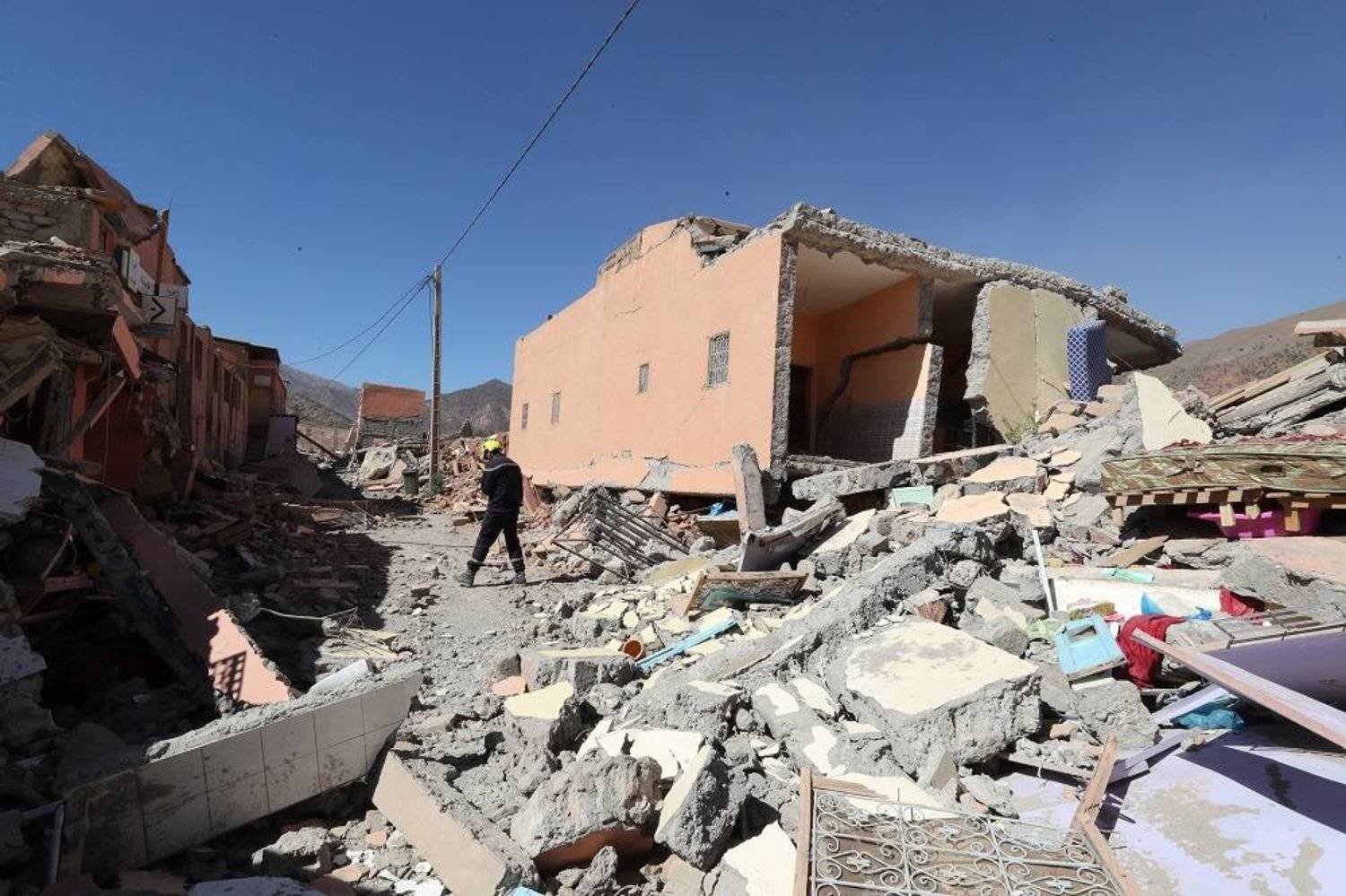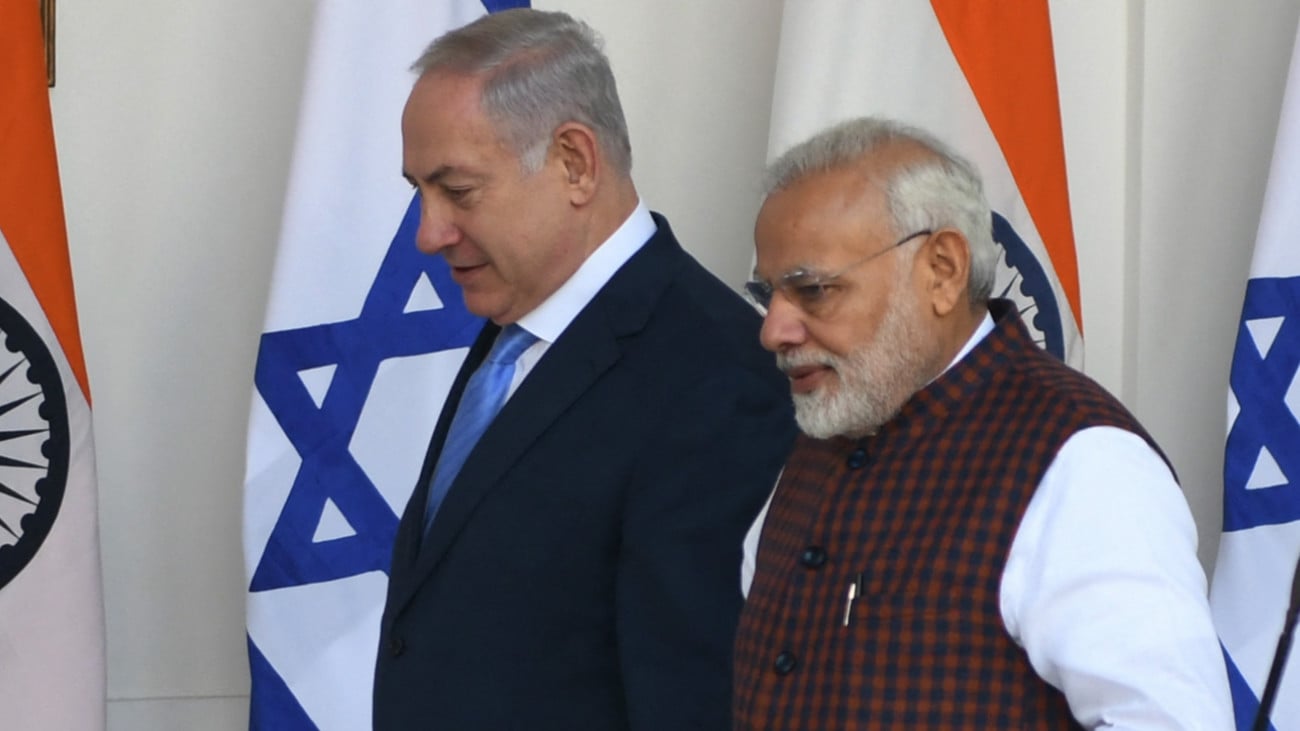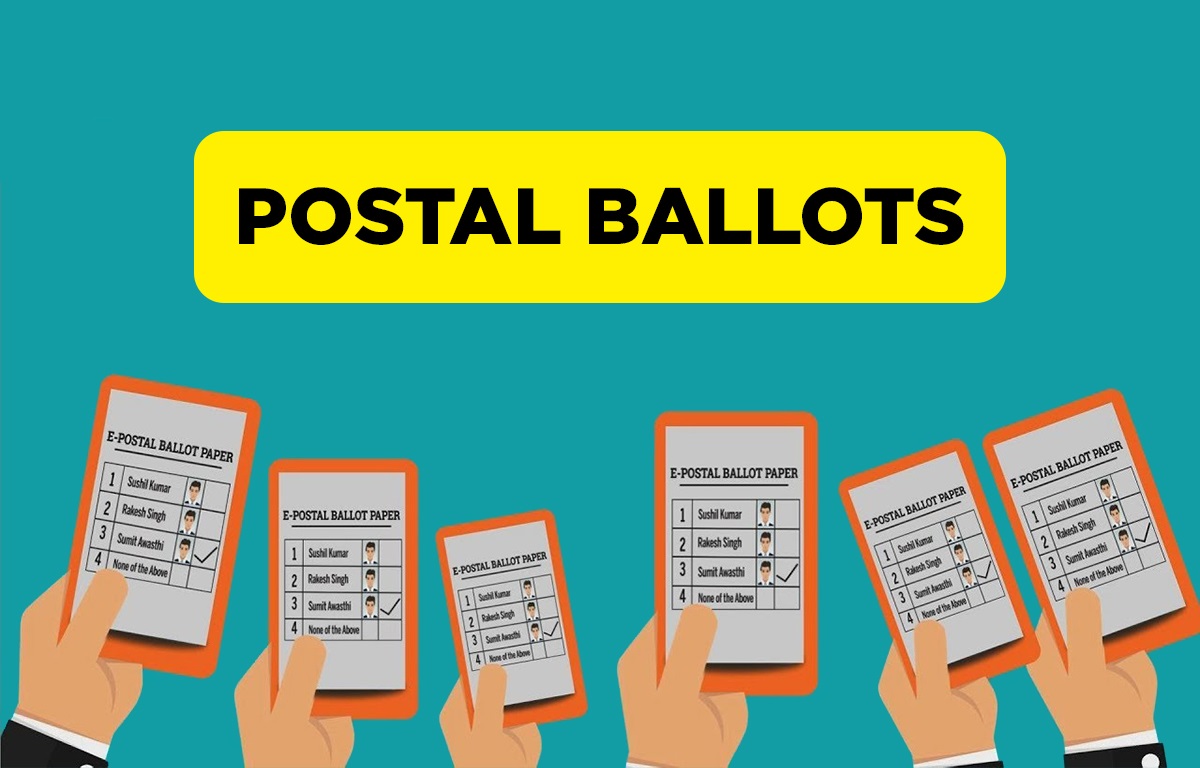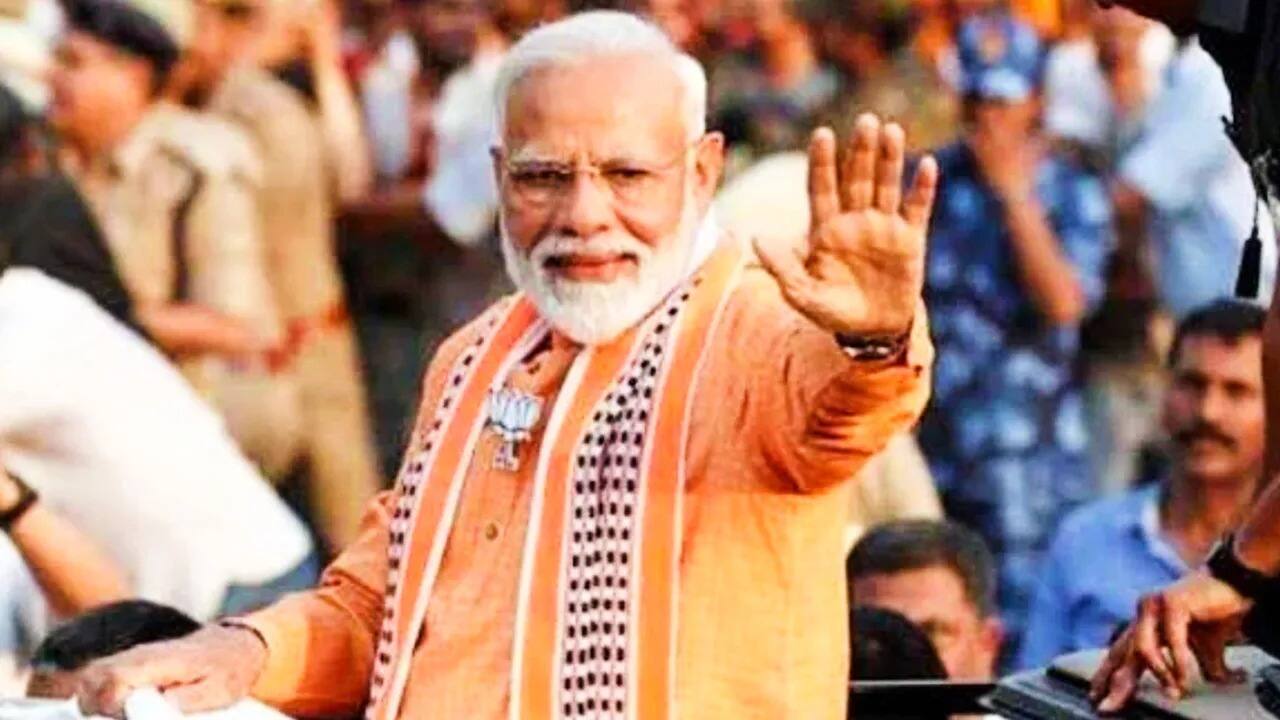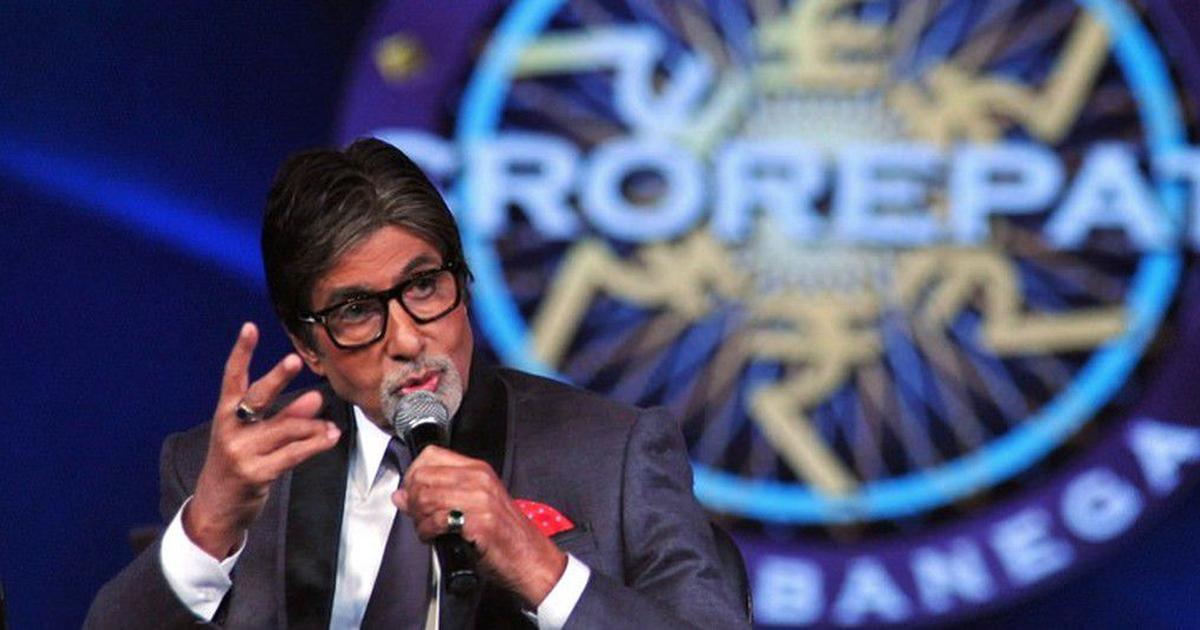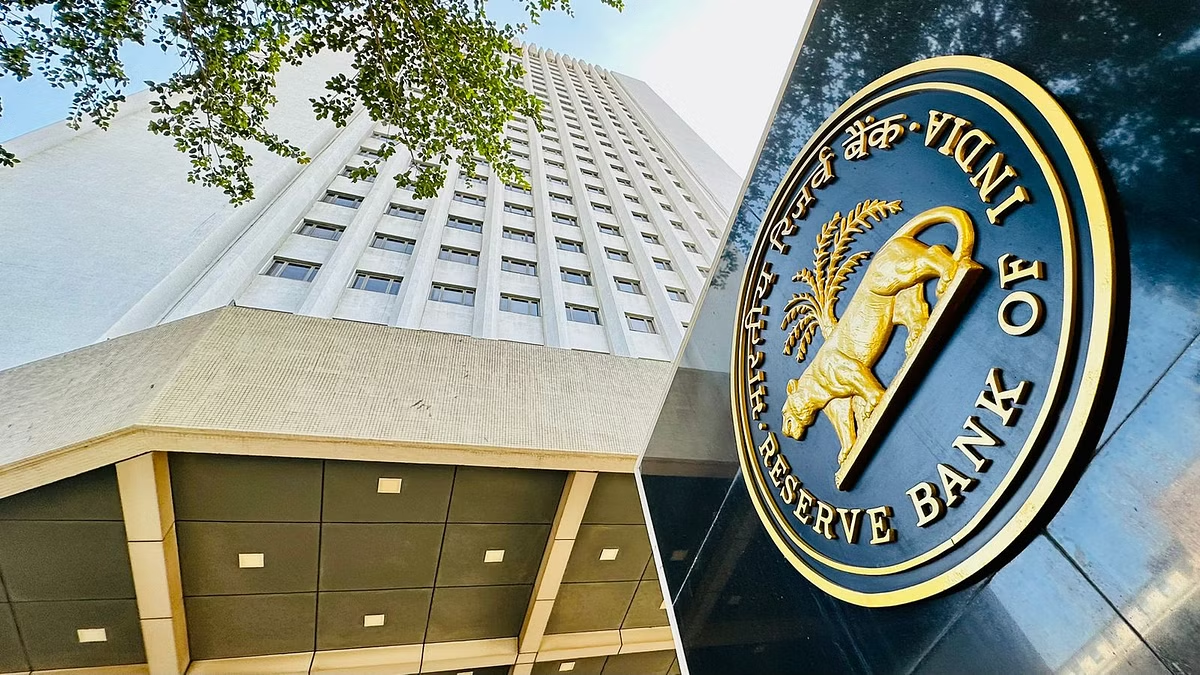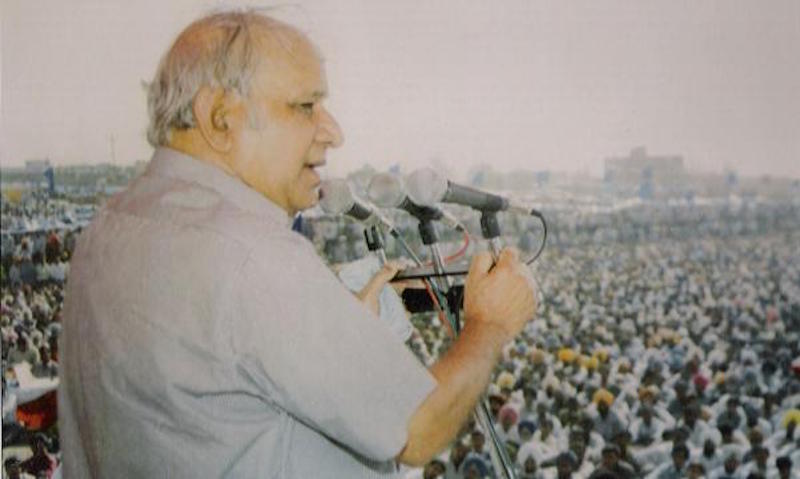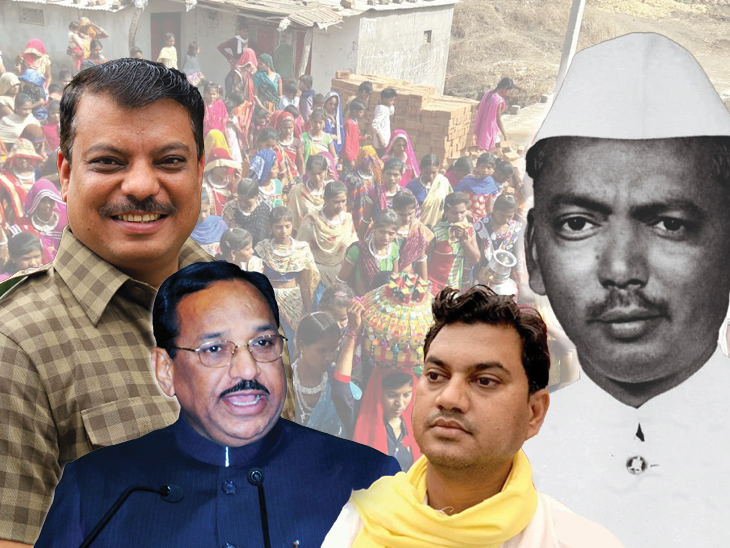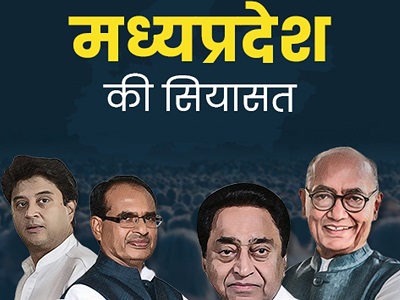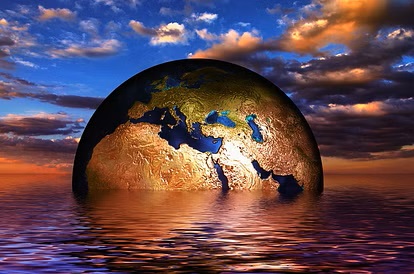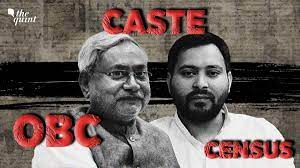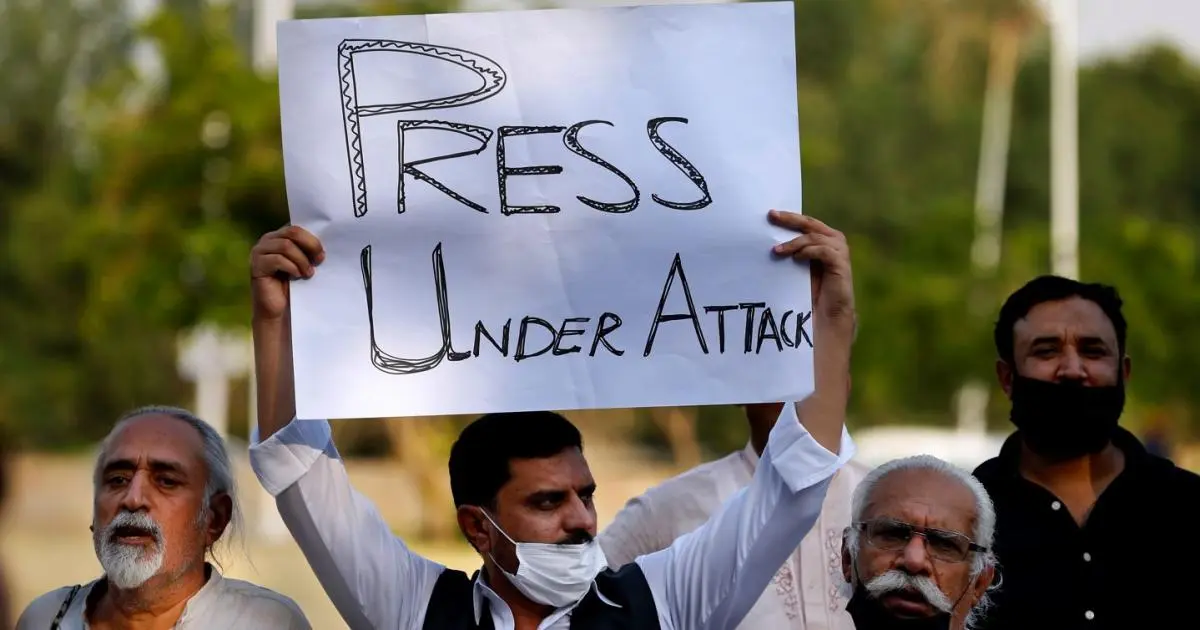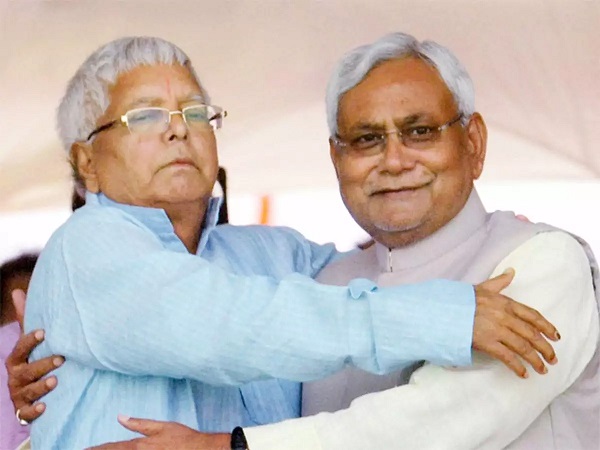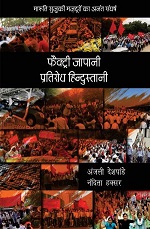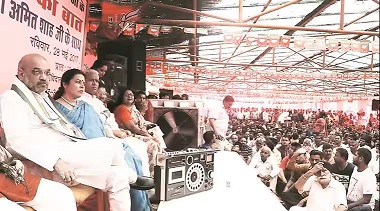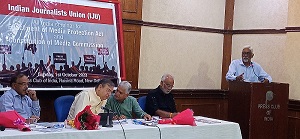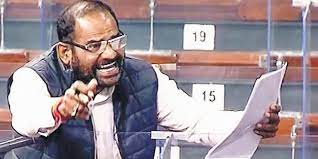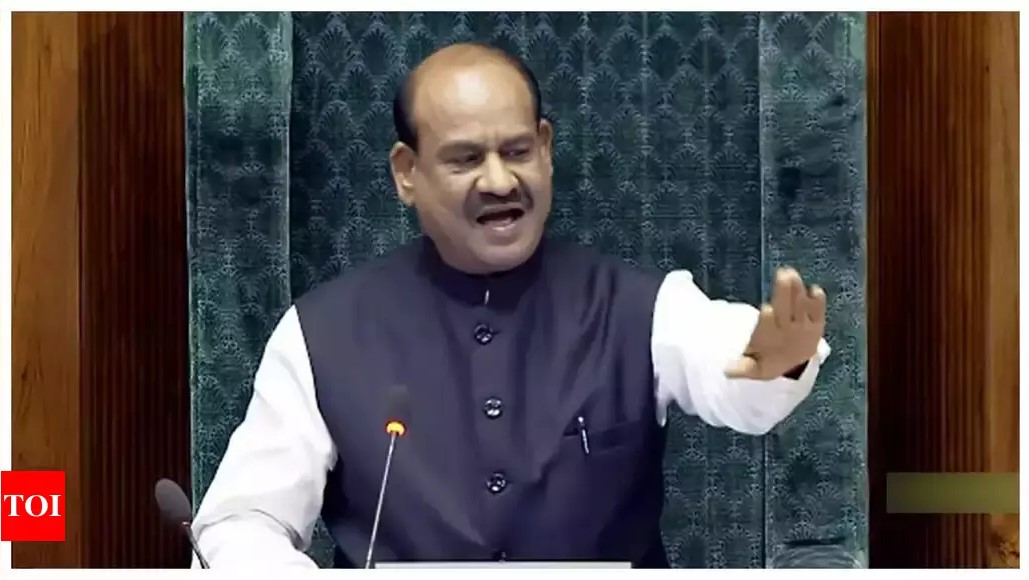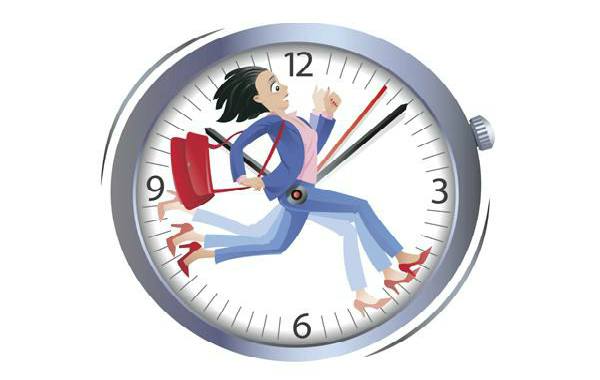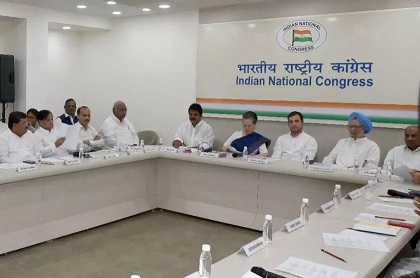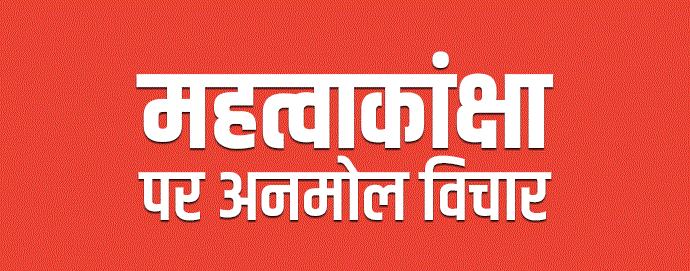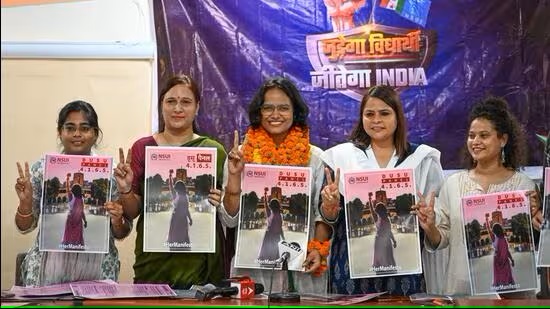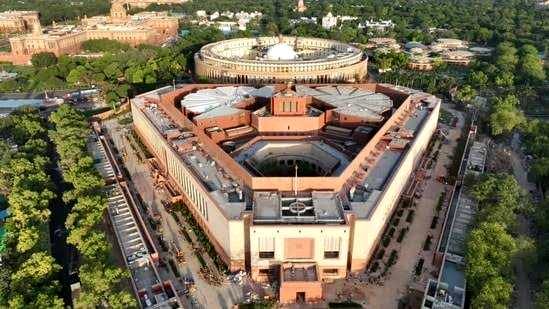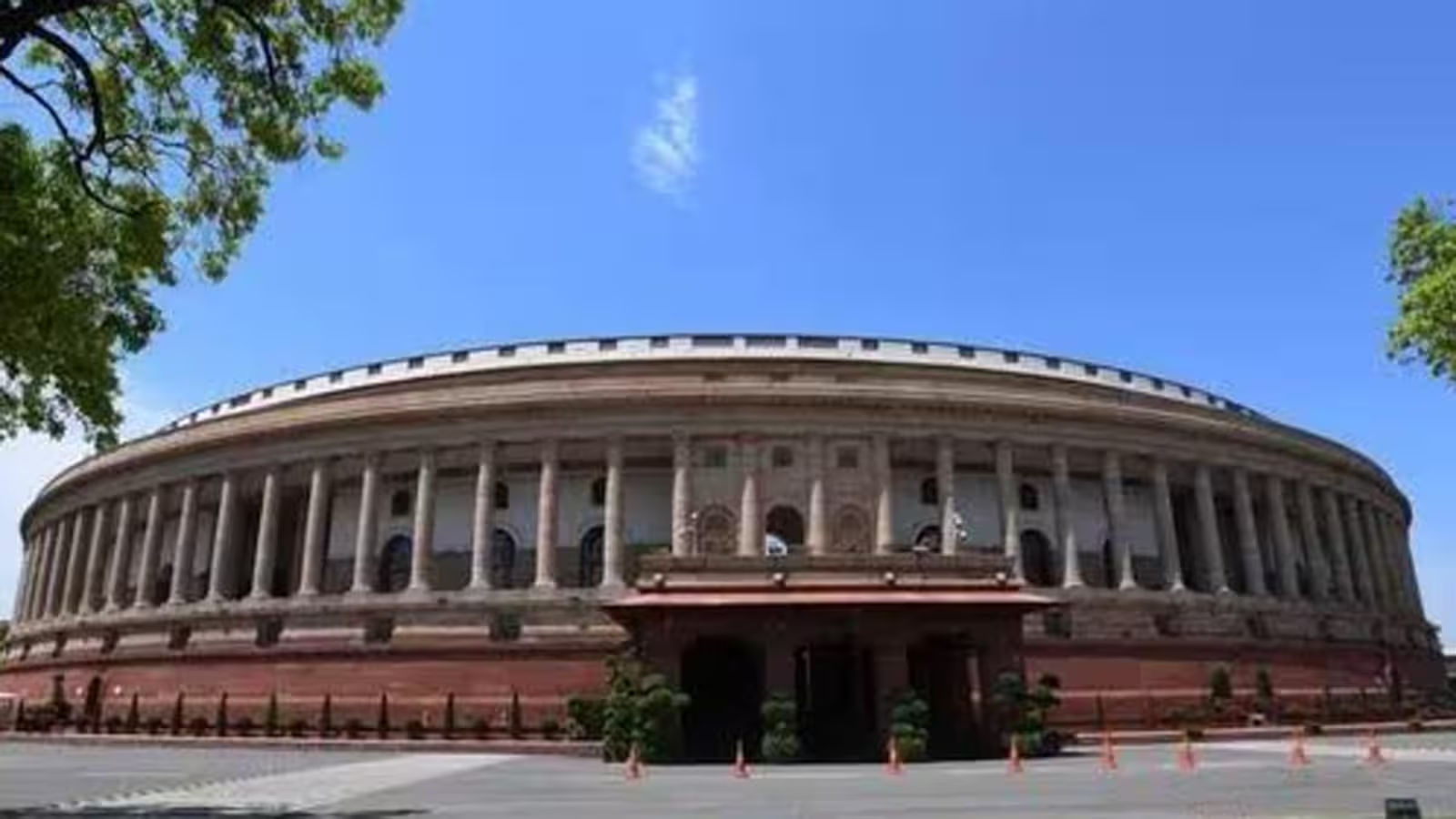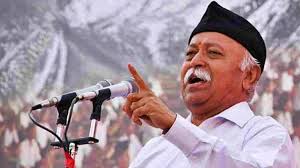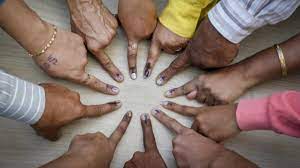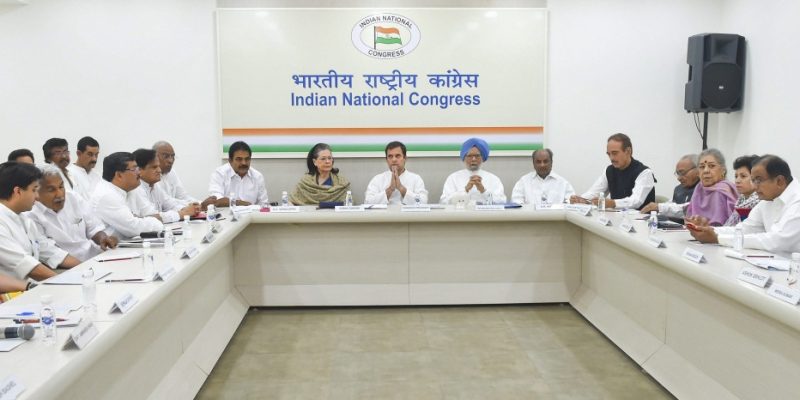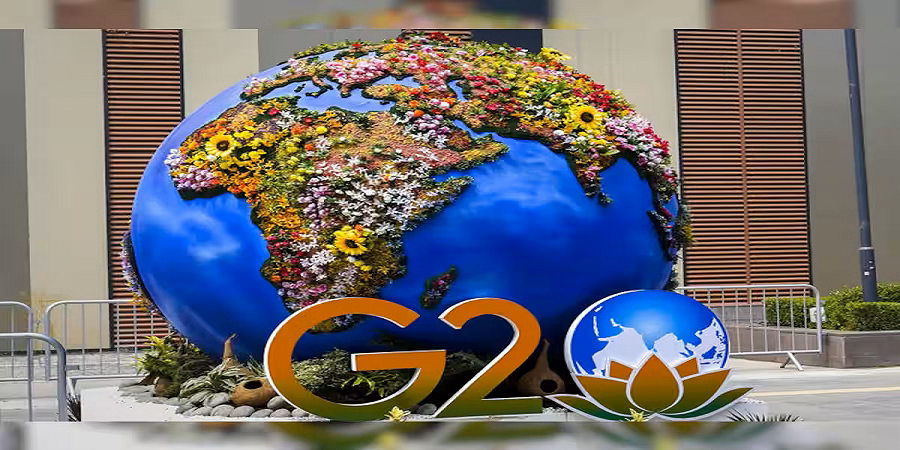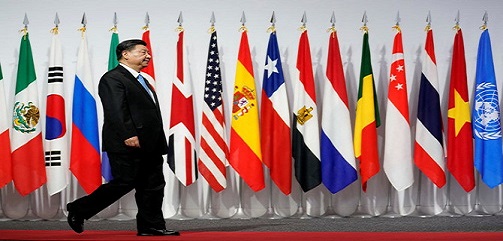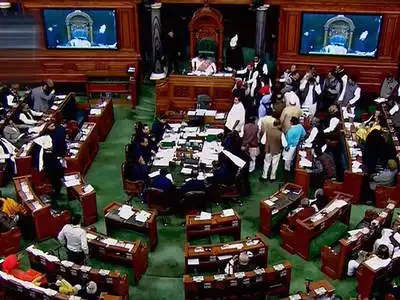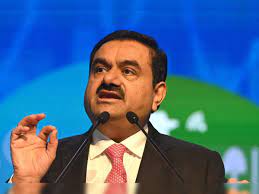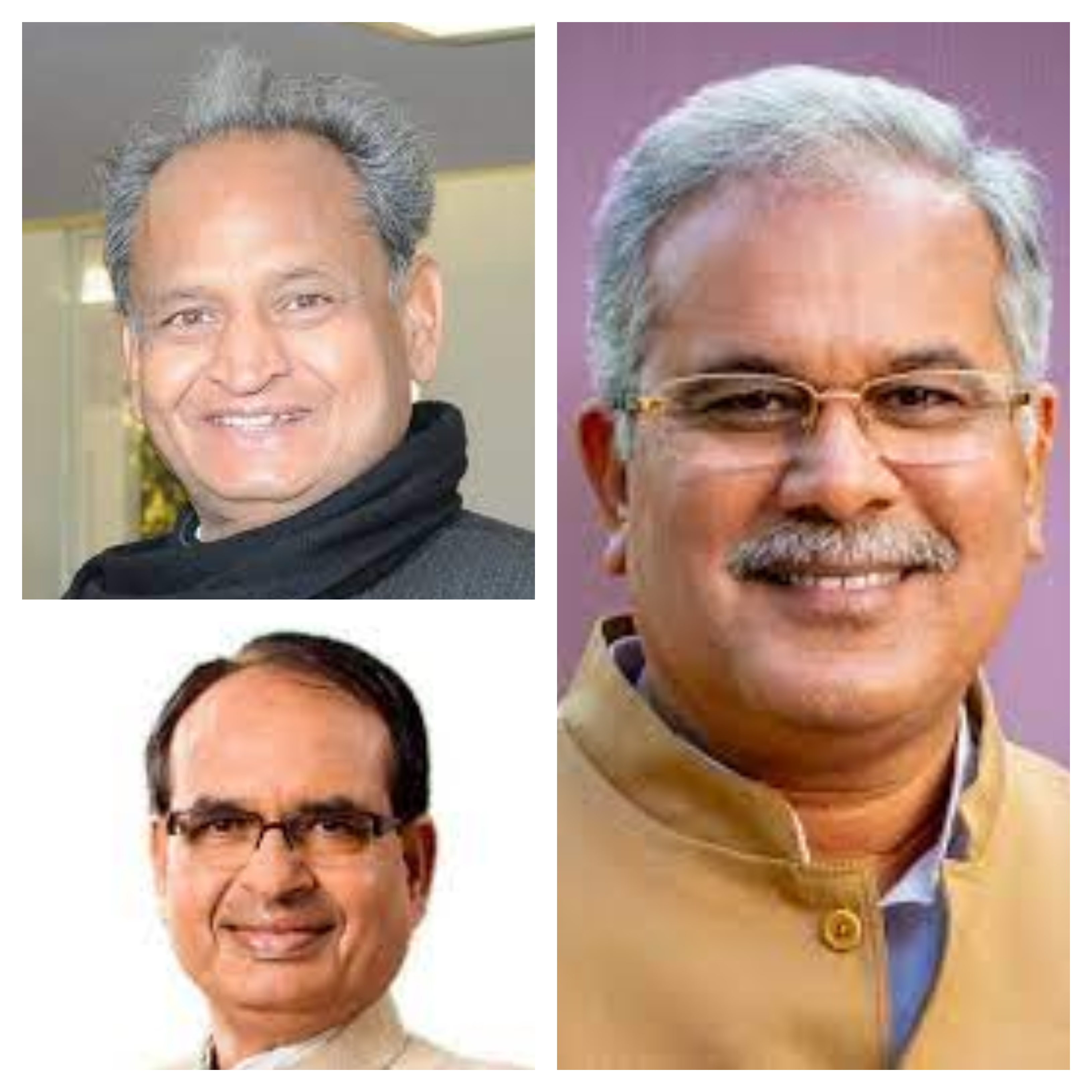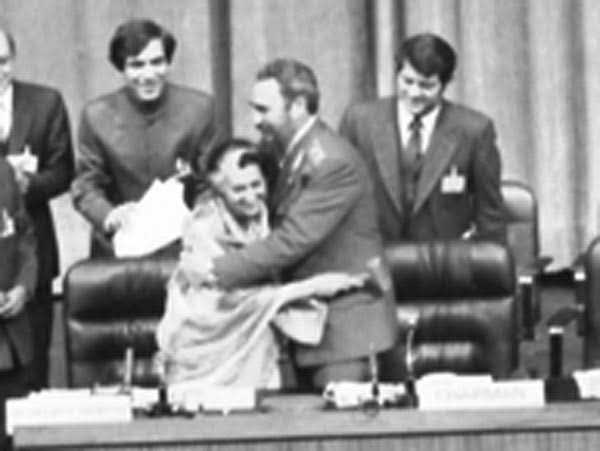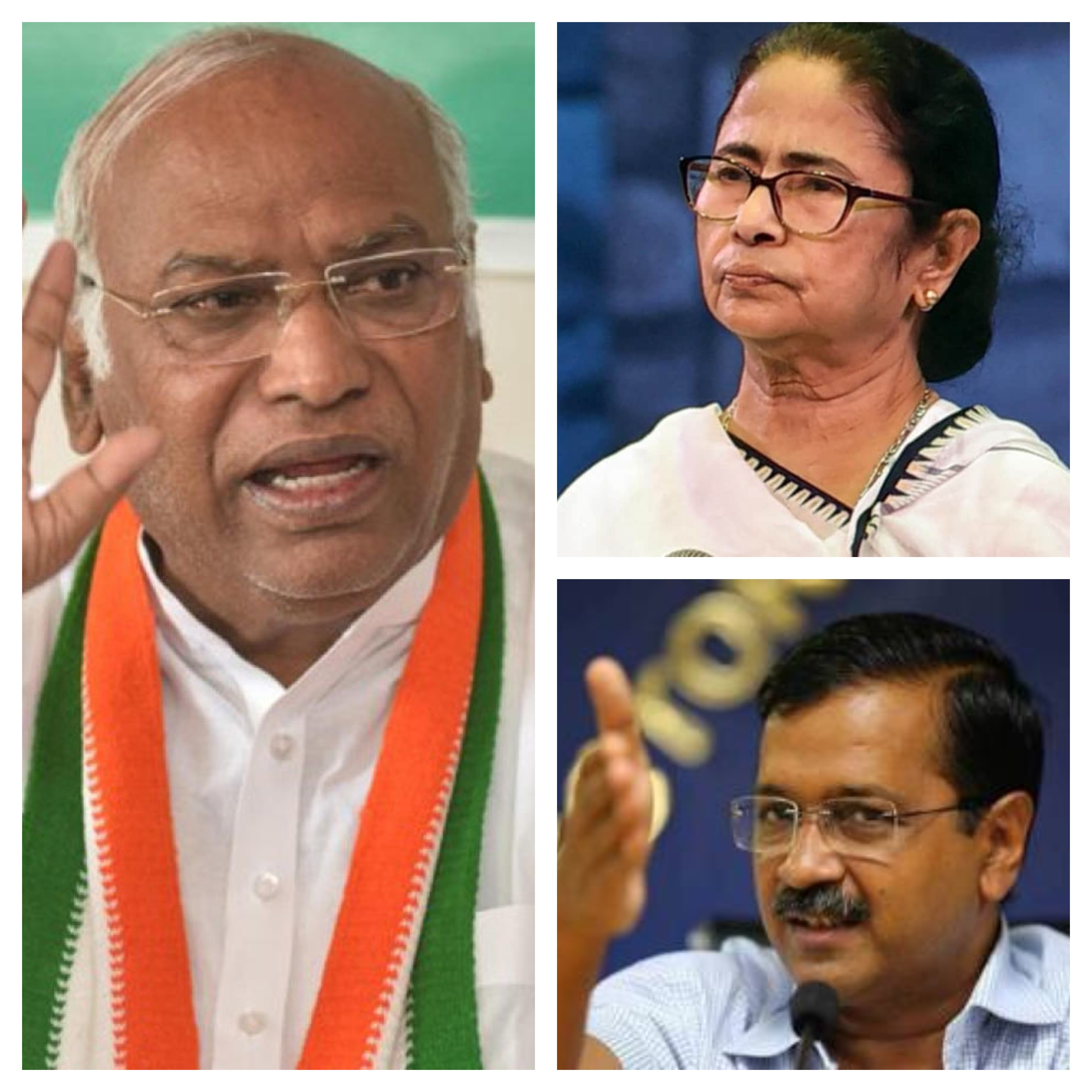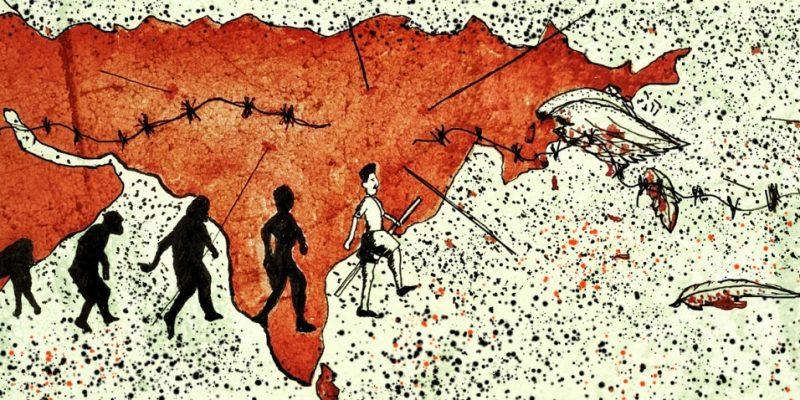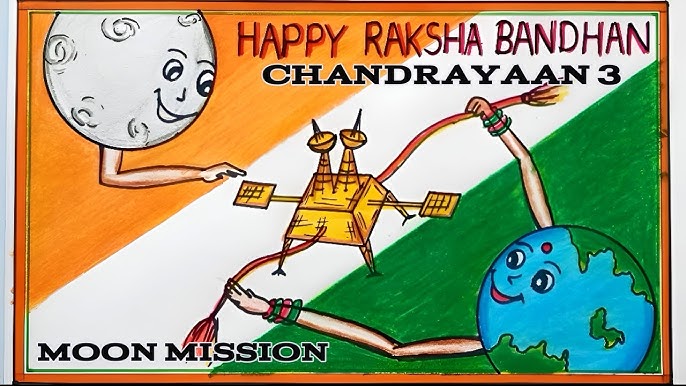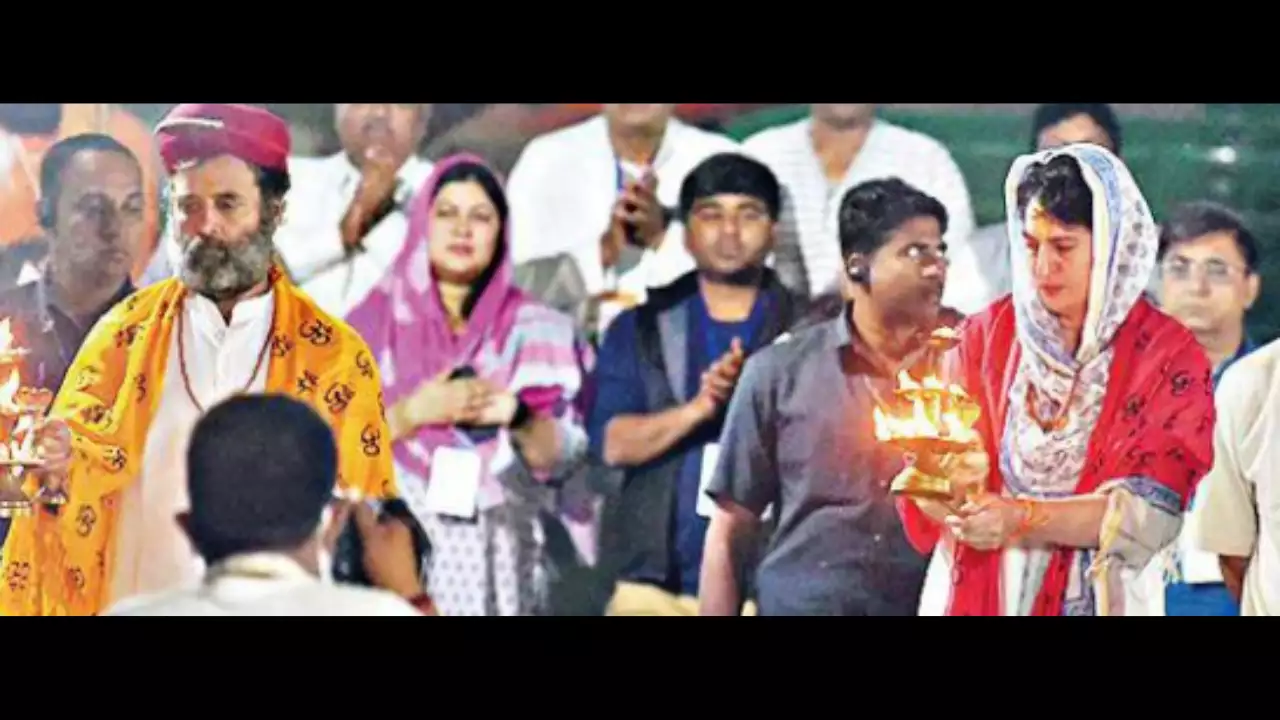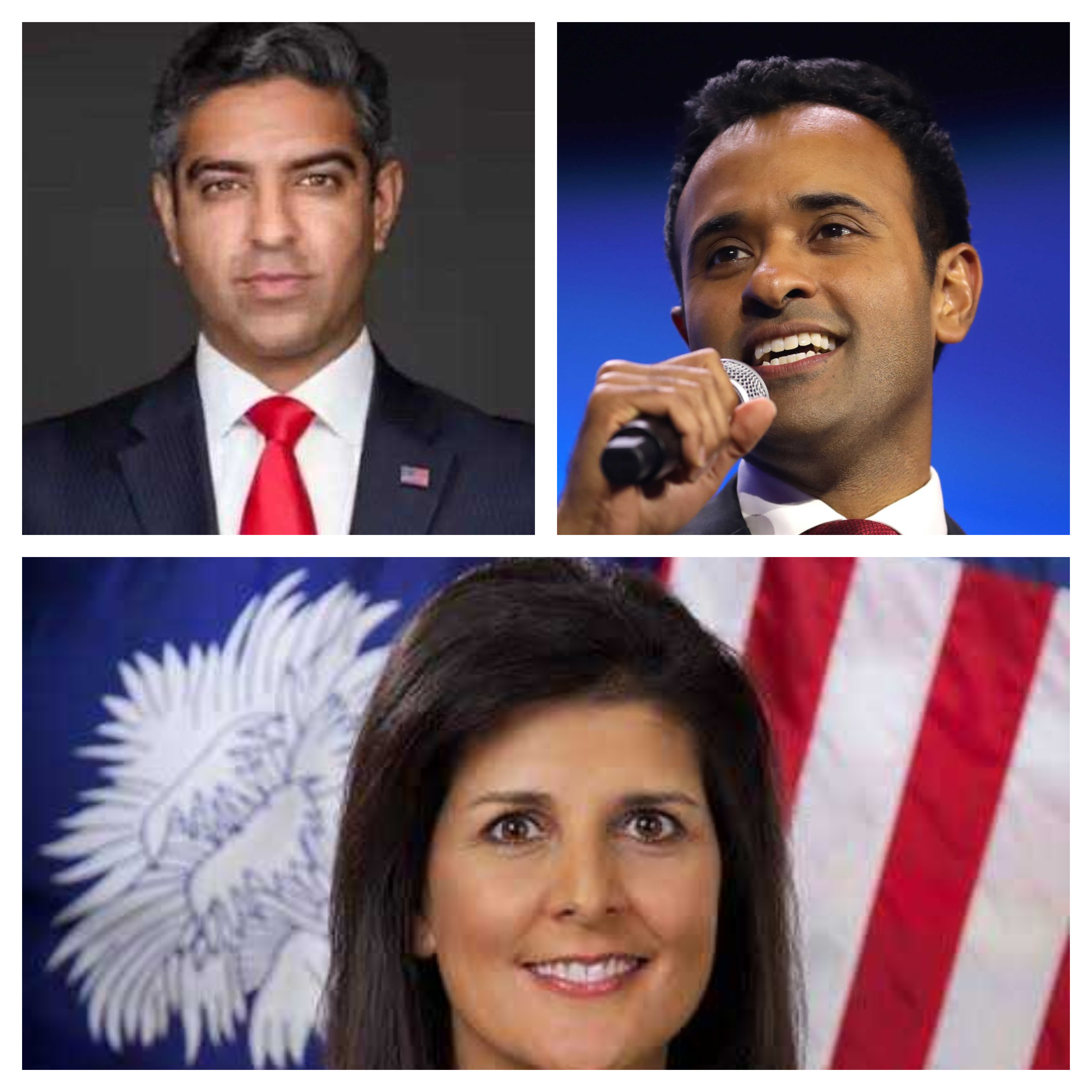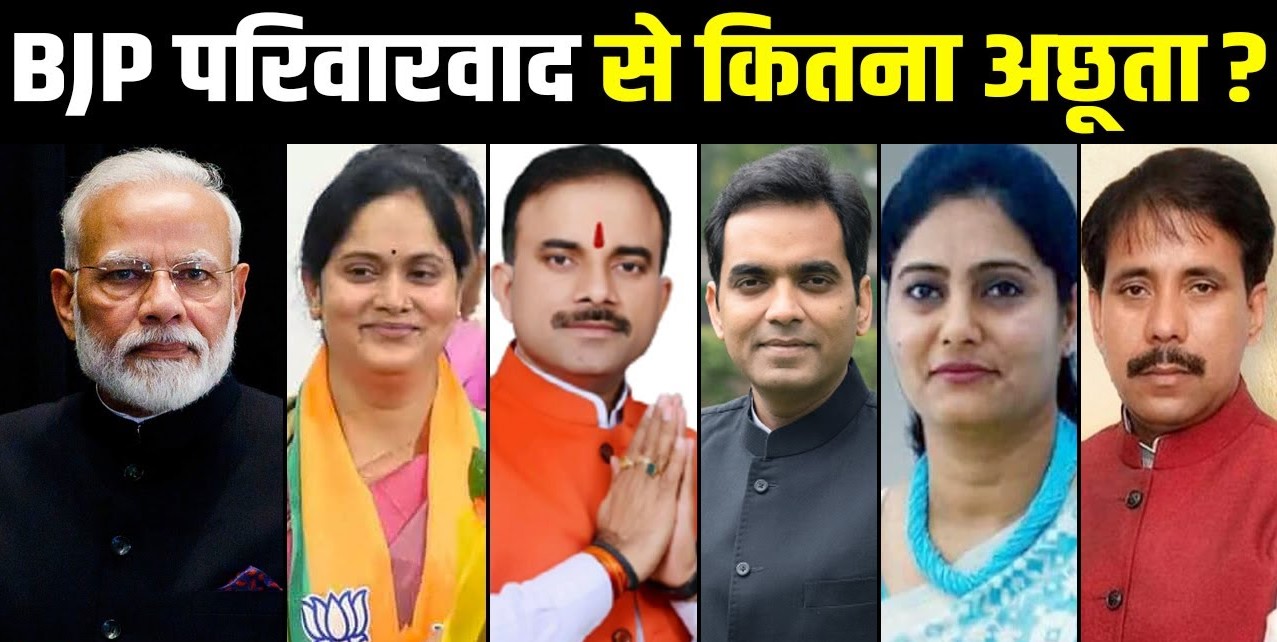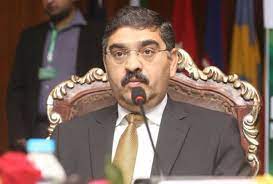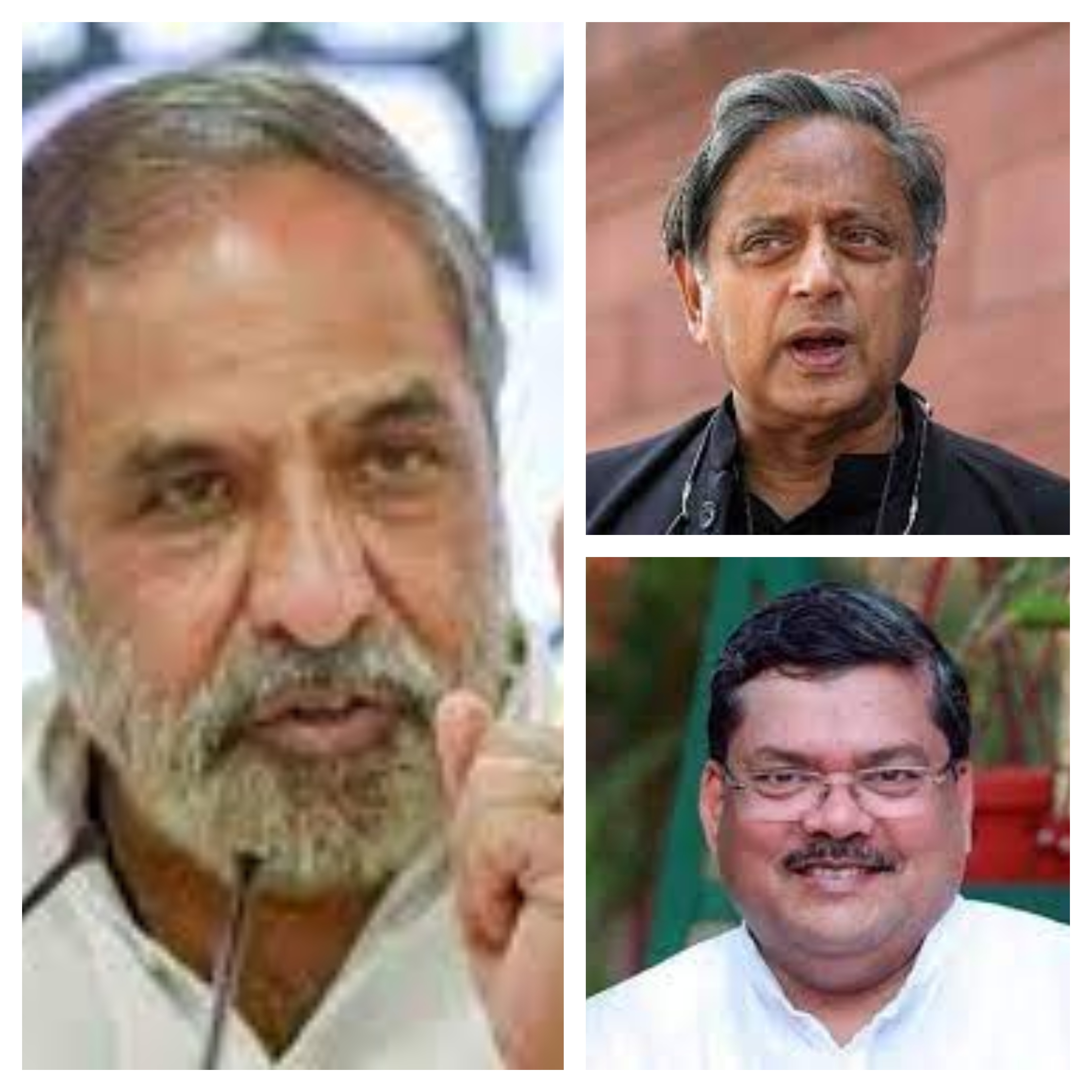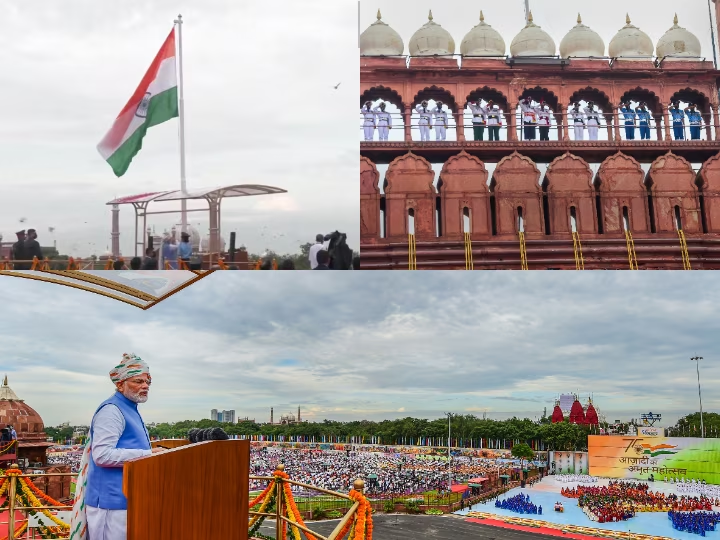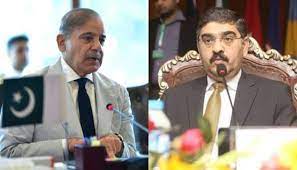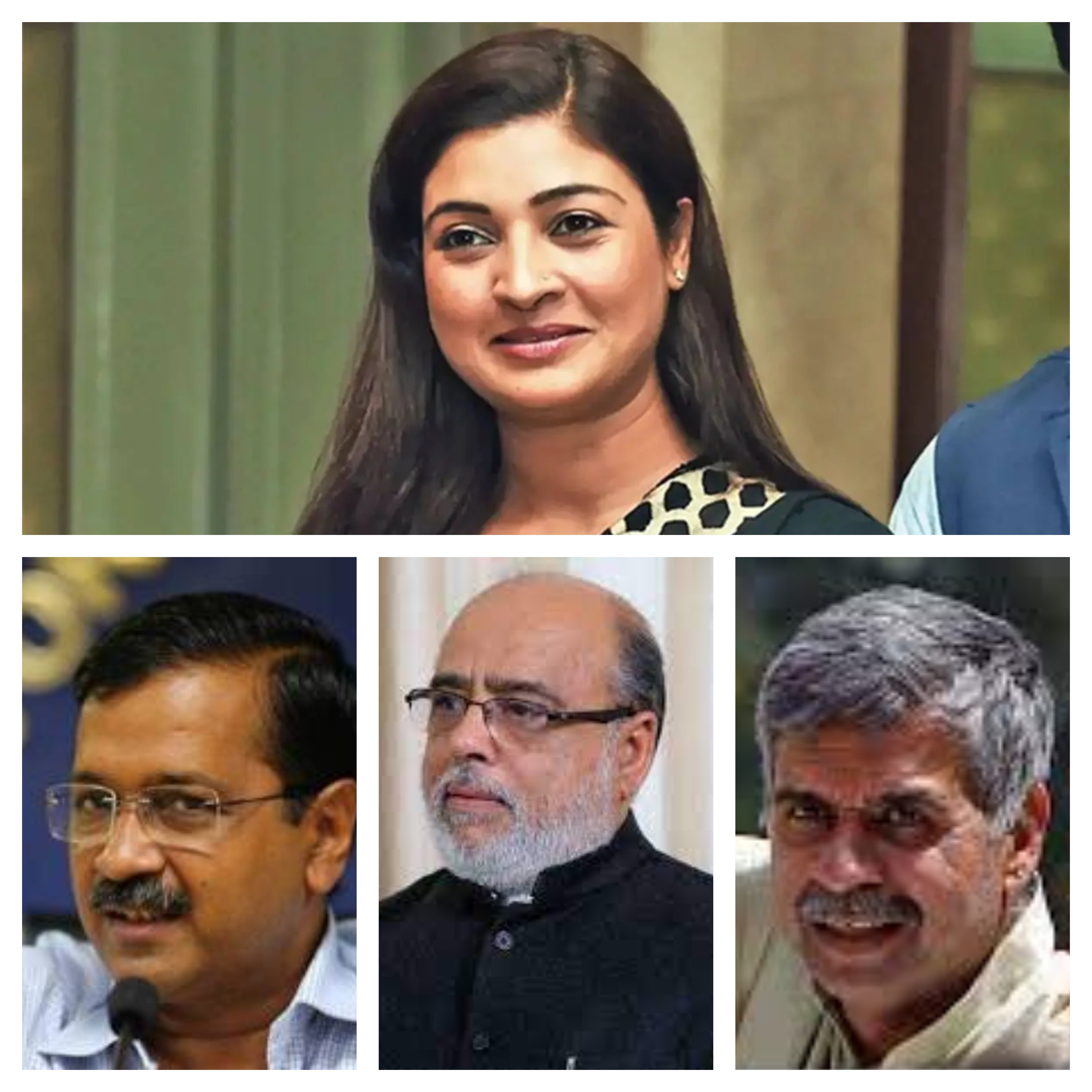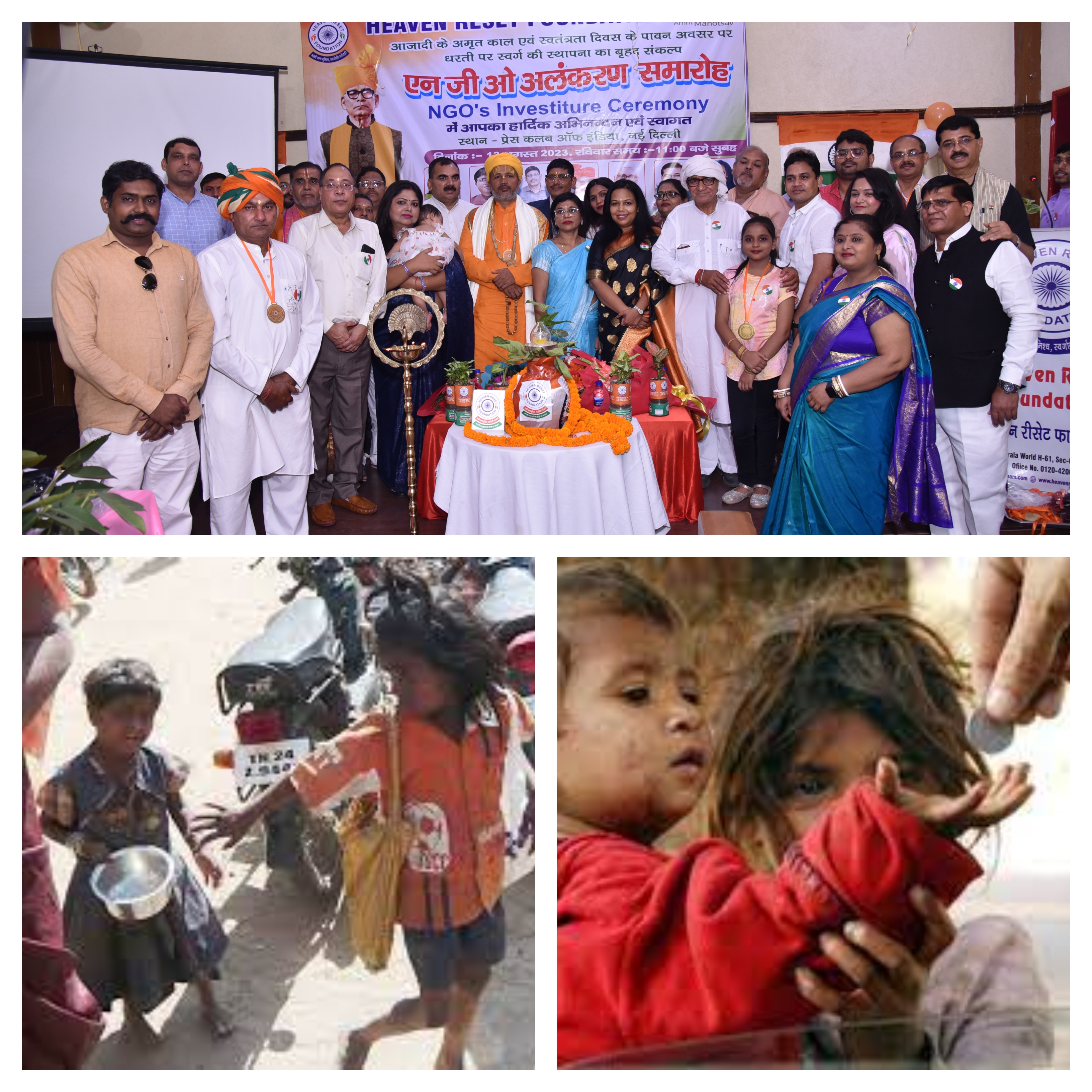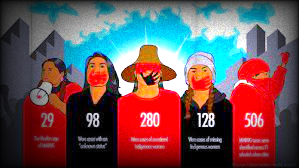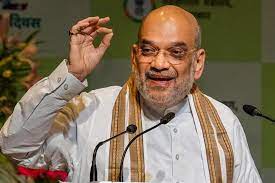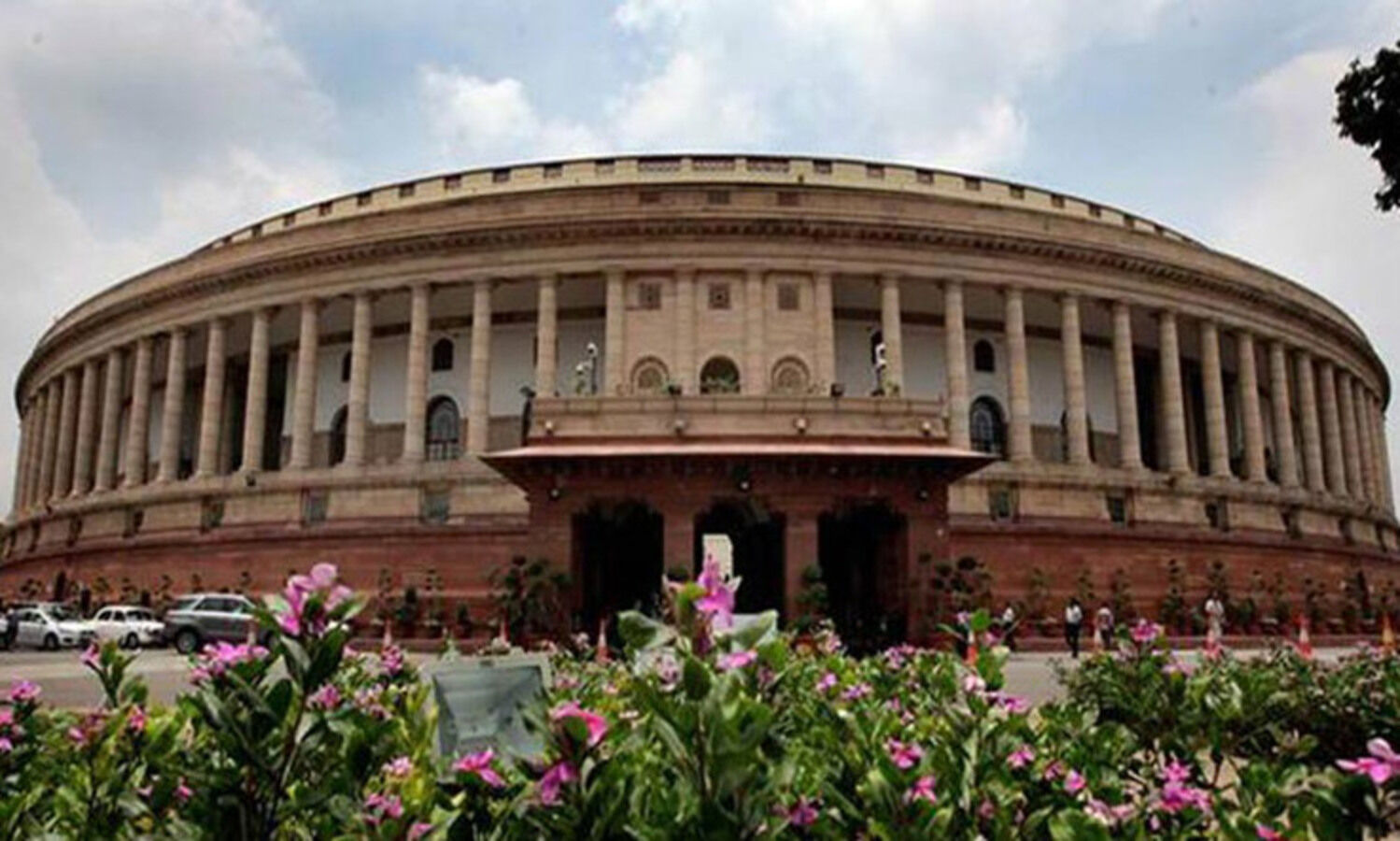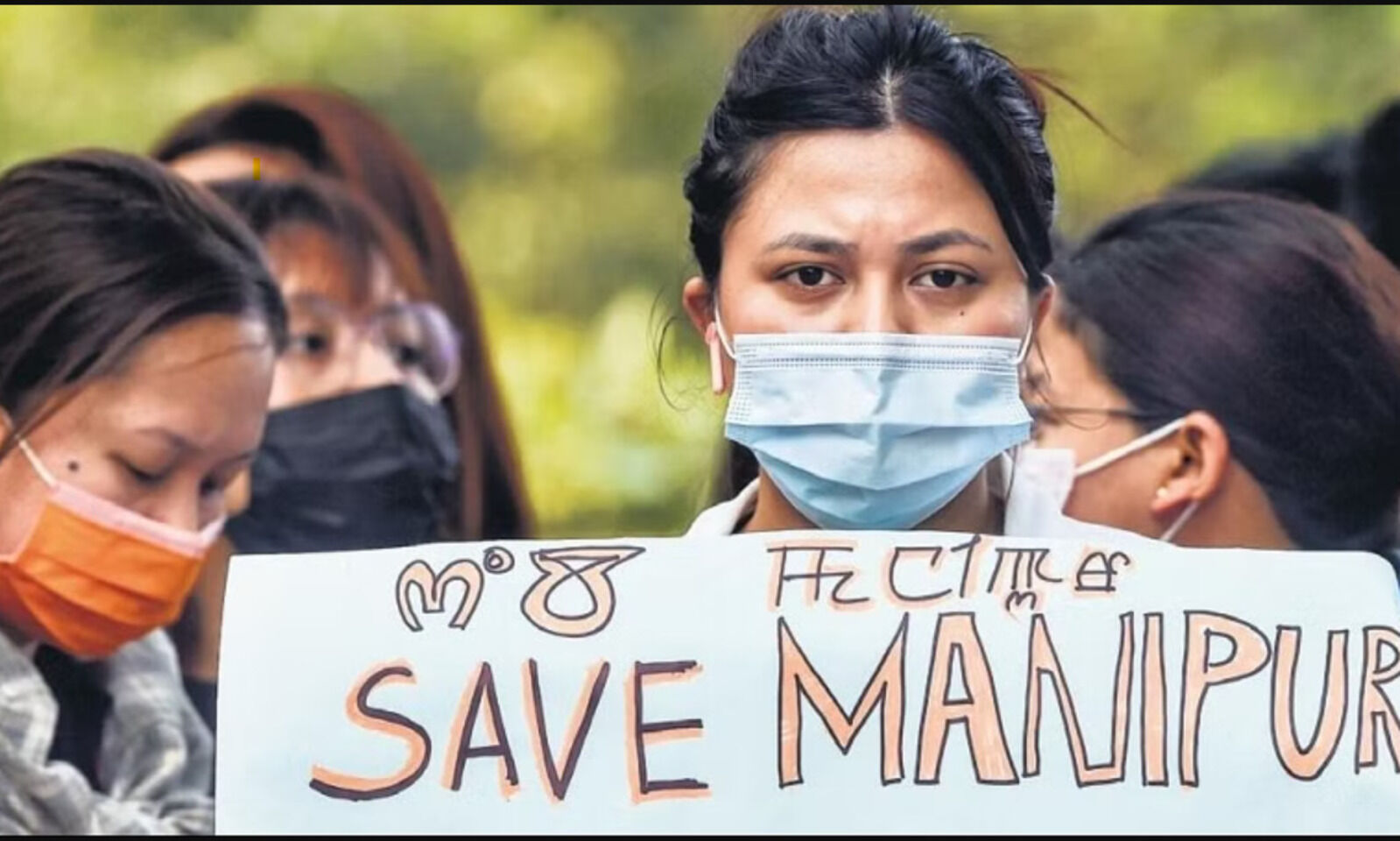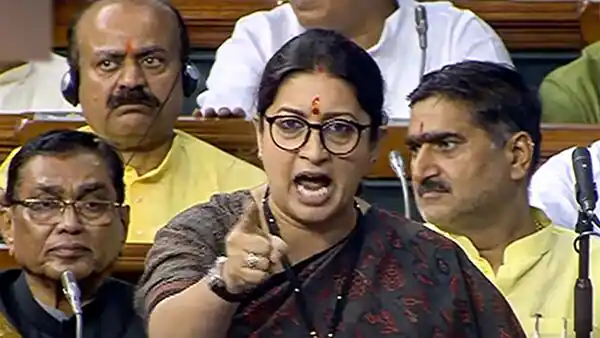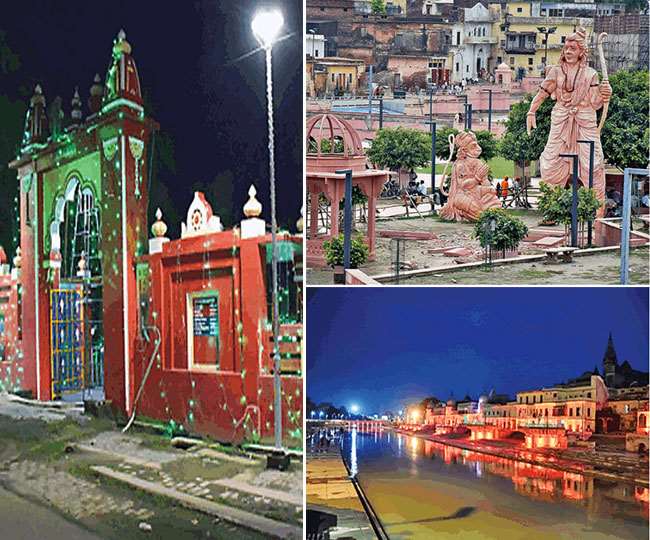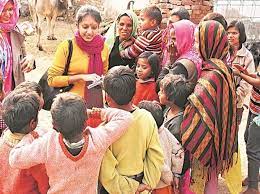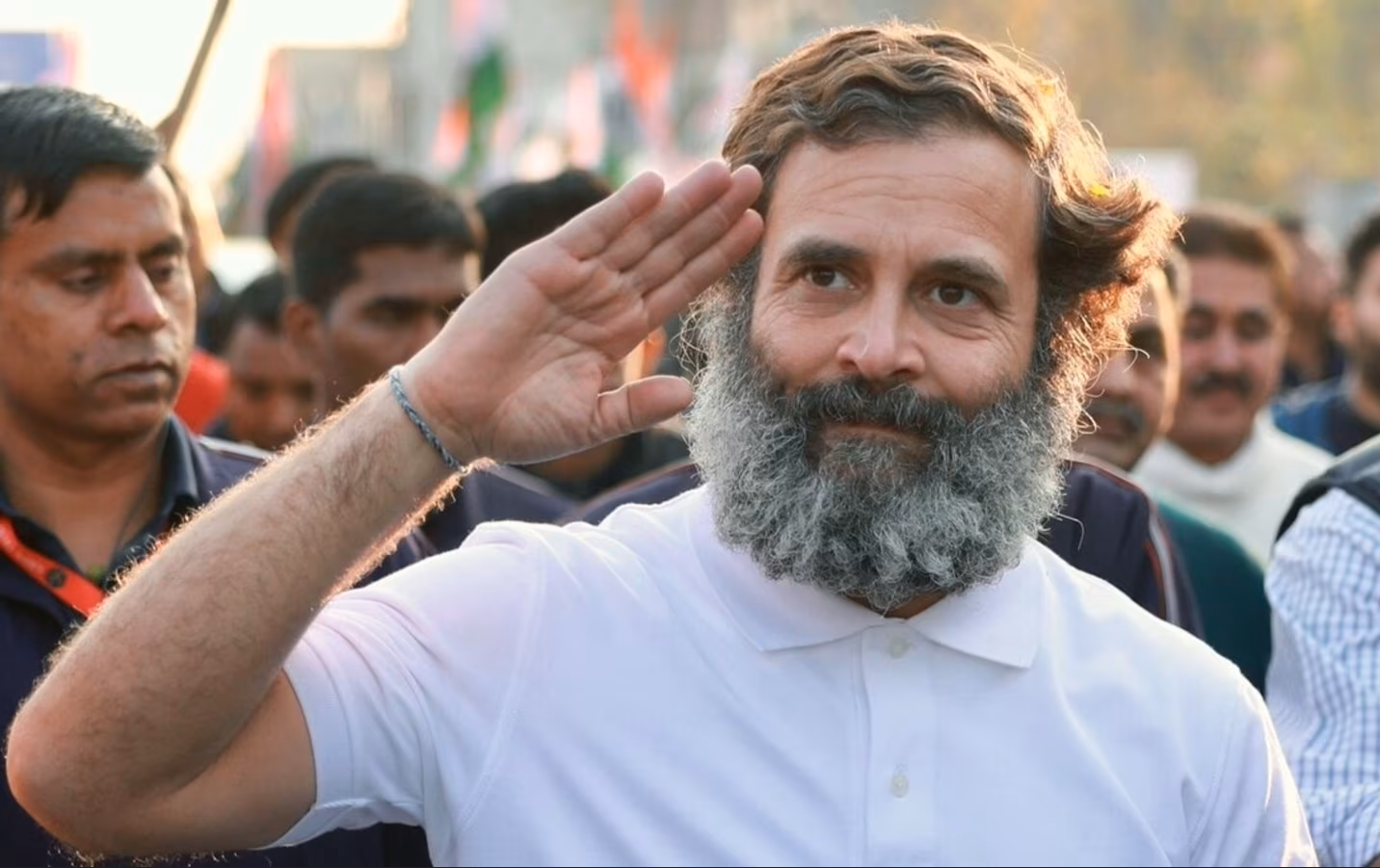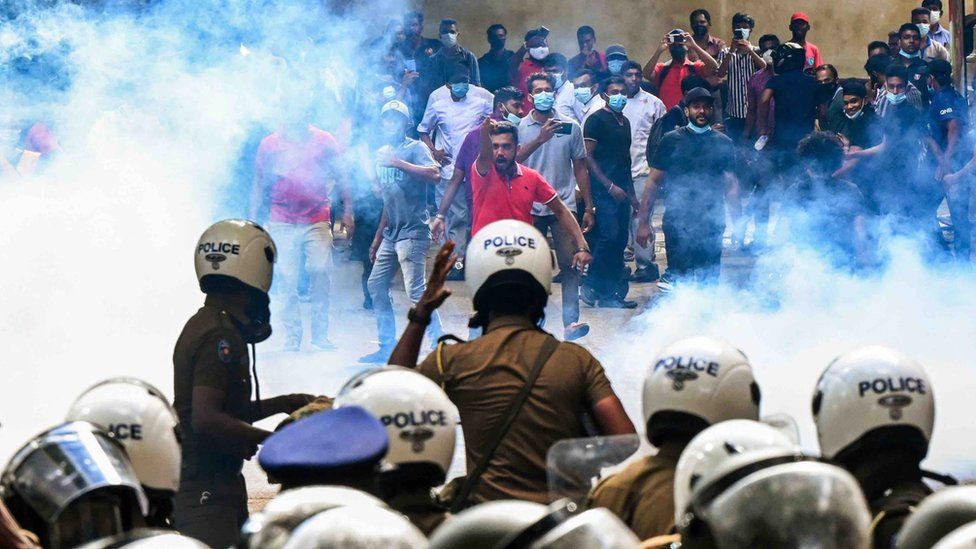28

New Delhi, 28 October 2023
Wary data, seizing cars....
By Shivaji Sarkar

Pollution or supposed climate change torments the Indian poor most. Every bit of manufacturing, production, industrial, services, transportation and other activities are linked to these and taxes levied increasing the prices and cost of living phenomenally. Stopping of crucial data sharing in Delhi raises more eyebrows.
In the light of this it is being asked whether the governments are levying unnecessary costs on the economy. Pollution itself becomes the biggest business and the poor are the worst sufferers with about Rs 13.65 lakh crore in petrol cess and additional excise duty for curbing consumption in three years since 2020-21. Earlier in five years Rs 13 lakh crore was collected.
Wonder why three major pollution checking agencies IIT-Kanpur; System of Air-Quality and Weather Forecasting and Research (SAFAR) and Decision Support System stop releasing figures. They say it is because of the conflict between the bureaucracy and the Delhi government. On the contrary it seems they themselves may not be sure of the figures. Worldwide pollution has become the tool to raise costs, says World Bank.
Delhi, UP gets to simpler solution, torment the people more and seize their cars saying “its end life of vehicle” without considering the social costs.
In 2019, the National Clean Air Programme (NCAP) set a target of reducing ultra-fine particulate matter levels in non-attainment cities by 20-30 per cent by 2022. This target was moved forward by the Union government in September 2022, to a 40 per cent reduction of pollution levels by 2026.However, even in 2022, pollution levels in non-attainment cities remained much higher than the Central Pollution Control Board's (CPCB) annual average safe limits.
For plastic pollution the poor shopkeepers are blamed and farmers for air pollution as they seasonally burn stubbles – easiest targets. Though actually one large corporate, MNC soft drink manufacturer, emerges the biggest plastic polluter and industry, automobile included, the biggest air polluter. As per official stats cars and tractors emit 8 percent of the total greenhouse gas. The industry air pollution is 51 percent, according to Confederation of Indian Industry, and costs about Rs 7 lakh crore “as it affects labour productivity and customer footfall”. It appears an overestimation.
India has refused to accept western pollution norms till 2070 but it needs to be liberal with the poor with their cars and tractors. Each new car or tractor making pollutes more or each scrapping apart from making a poor poorer as his mobility hit, is said to pollute more.
The big international biz everywhere is the biggest polluter. The top 12 Indian large companies, including one public sector, are listed as the worst polluters. According to the 2022 Brand Audit by Break Free From Plastic, the most common plastic products found in India were food packaging, household products and other packaging materials and the major part of it is ascribed to the US-based company.
In northern India, sugar mills and many other industries are the worst air and water polluters. Blatantly they have been dumping effluents all over in the rivers violating CPCB norms. So called stricter norms have increased rent seeking, higher parking charges – none knows how does it check pollution, have made car use more blatant as exorbitant parking charges and high fares make a metro ride costlier.
A report by Association For Democratic Reforms (ADR) shows JSW Steel as the highest donor to electoral trusts in 2020 with ₹39.1 crore. Tata Group’s Progressive Electoral Trust gave 75 percent of the ruling group’s total income from bonds in 2018-19, as notified by the Election Commission.
The Centre For Policy Research observed in 2019 that environmental regulatory mechanisms face major problems with compliance and implementation. India Spend analysed reports and data from 2014 to 2017 to show how governments at the state and Central levels diluted environmental regulations, in a scenario wherein they were already lax. Nobody explains if these have connections to donations.
State Pollution Control Boards have exempted 146 out of 206 polluting industries from routine inspection. Instead, they can opt for “self-monitoring” and third-party certifications. The Centre’s BRAPs (Business reform Action Plans) which have been implemented since 2014 effectively incentivize states to lessen the environmental protections regarding industries.
The World Bank says the brunt of rapid, unregulated industrialization in the name of development is borne by the public in various ways. Local, Adivasi communities are forcibly displaced and/or live in substandard conditions due to pollution of the local environment and livelihood sources.
India has 10 of the world’s top 20 most polluted cities, and Indians are exposed to one of the highest rates of air toxicity in the world, according to the World Health Organization (WHO).
Kaushik Basu former India’s chief economic advisor, finds that there are many problems because policies are focused on big business. What is unsaid is that it boosts the profits and dumps more costs on the poor through various so-called user charges, be it tolls, high parking charges, cess or petrol prices – all to keep pollution in check, rise unabated.
It has abated compounded inflation to a high level or in other words it dumps the heavy costs on the poor. The rising cost of living due to 15-month high inflation of 7.44 percent in July, 6.83 percent in August and in September 5.02 percent; has most Indians concerned about their personal finances. Inflation remains the biggest concern of RBI despite small moderation.
Price of commodities keep increasing, resulting in the fall of the buying power of Rupee. It hovers above Rs 83. Cost of living keeps increasing if the rupee weakens.
Often solar and other natural energy sources are said to be non-pollutant. According to a 2016 report by the International Renewable Energy Agency, India is to become one of the top leading photovoltaic waste producers at 3.25 lakh tonnes by 2030. Battery and wind panel wastes are also becoming menaces.
The UN once again, On 8 September, issued a report says governments are good at making ambitious collective commitments but fail to take the right action at home to turn these collective pledges into a reality. It says that though Europe is engaged since 1979, Greece and Spain remain the worst polluter.
Pollution increases and so does efforts to put more costs on the people to counter it. No effective action is ever taken despite it being a large revenue generator. Let the world accept its failure and remove the costs imposed for an easier, happier world.
Ends










































































































































































































































































































































































































































































































































































































































































































































































































































































































































































































































































































































































































































































































































































































































































































































